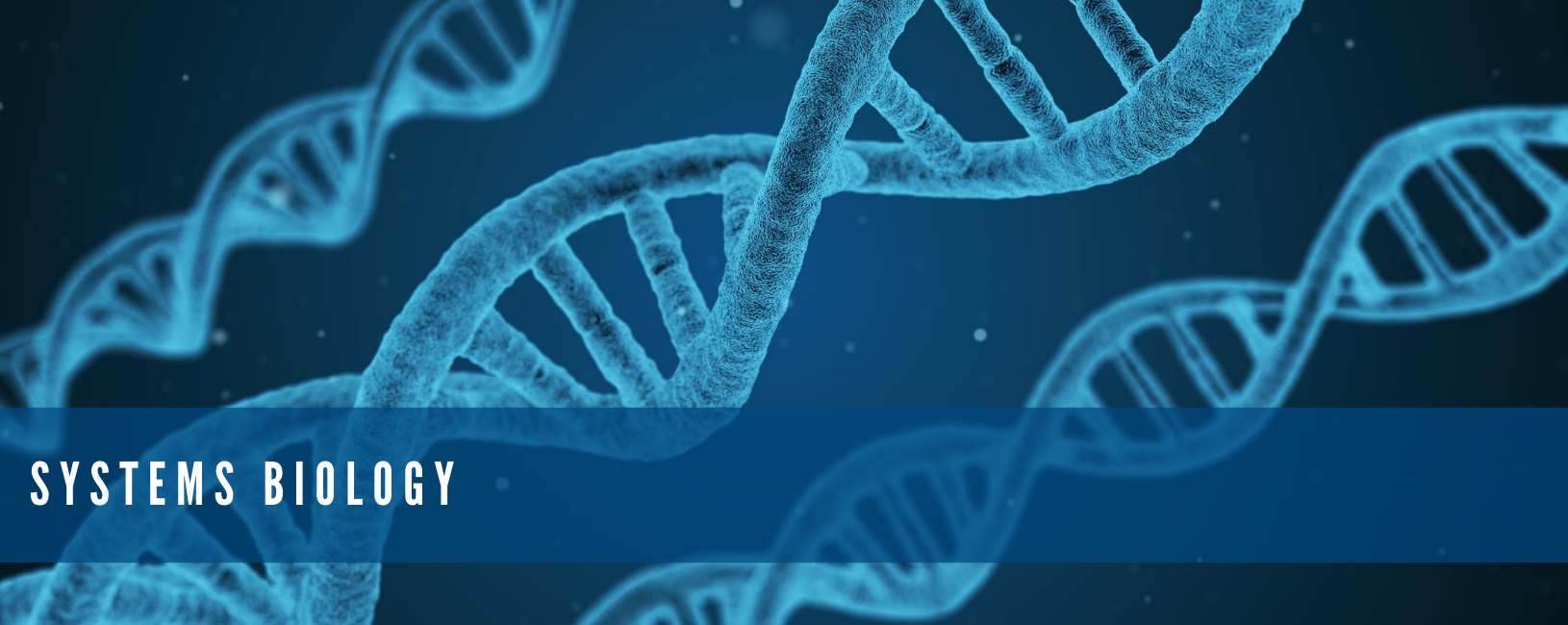
Interdisciplinary program that prepares highly-qualified scientists for professional career
The interdisciplinary Systems Biology Master’s program prepares students to do real world work in rapidly developing fields including, but not limited to, biological systems modeling, bioengineering, synthetic biology, bioinformatics, neurobiology, and data analysis. It is ideal for current and future biologists who wish to take advantage of the most powerful statistical models and programming tools in order to produce quantifiable results in their field of choice.
Rewarding program structure introduces future life-scientists to powerful statistical models and information technologies
As per its interdisciplinary nature, our program is specifically designed to help students from a life sciences background overcome any apprehensions they may have about working with statistical models and scientific programming tools. Upon completion of the program students will have gained a robust understanding of mathematics and computer science, as well as their varied applications to life sciences.
Similarly, students with computational and bioinformatics backgrounds will have a possibility to gain and deepen their knowledge in molecular and cellular biology and master wetlab skills.
Forward-looking curriculum equips scientists for leadership in rapidly emerging fields
Emerging trends in synthetic biology point us to new fields that focus towards quantitative investigation, experimentation and design at the molecular level. As a result, fields in neurobiology, cell programming, and “-omic” sciences create a vast demand for professionals equipped with both a high-level understanding of biological principles and the ability to take advantage of advanced mathematical and statistical models. The Systems Biology Masters program seeks to meet this demand.
More about the programme here.